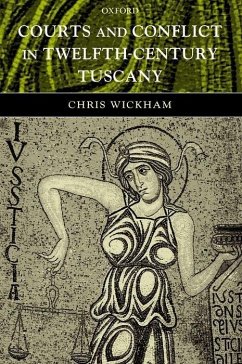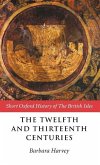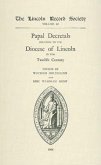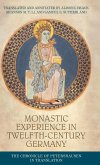I argue here that they used the developing patterns of the communes, and also those of law, entirely pragmatically, selecting the parts of them that fitted best with their own assumptions about how to act in public, which were not necessarily those of the theorists. The book focuses on three cities in Tuscany: Lucca, Pisa, and Florence, and shows how people in each of these cities reacted differently to the social changes of the period. Throughout Tuscany, people - including judges -paid much attention to how violent public acts could legitimate public claims to rights, and were experts in the etiquette and meaning of such acts. Seen through this legal-anthropological analysis, the social history of the period looks very different.
This study of disputes and their settlement in twelfth- century Tuscany is more than just legal history. Studded with colorful contemporary narratives, the book explores the mindsets of medieval Italians, and examines the legal framework which structured their society. Chris Wickham uncovers the interrelationships and collisions between different legal systems, and in doing so provides a new understanding of mentalities and power in the Italian city-state.
This study of disputes and their settlement in twelfth- century Tuscany is more than just legal history. Studded with colorful contemporary narratives, the book explores the mindsets of medieval Italians, and examines the legal framework which structured their society. Chris Wickham uncovers the interrelationships and collisions between different legal systems, and in doing so provides a new understanding of mentalities and power in the Italian city-state.









